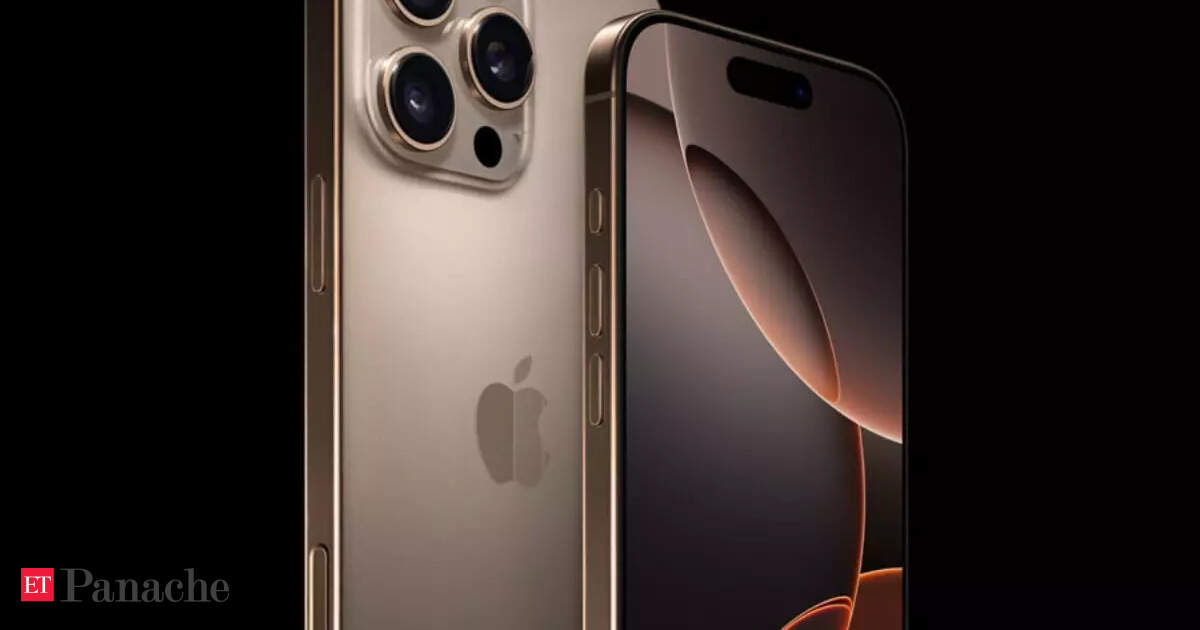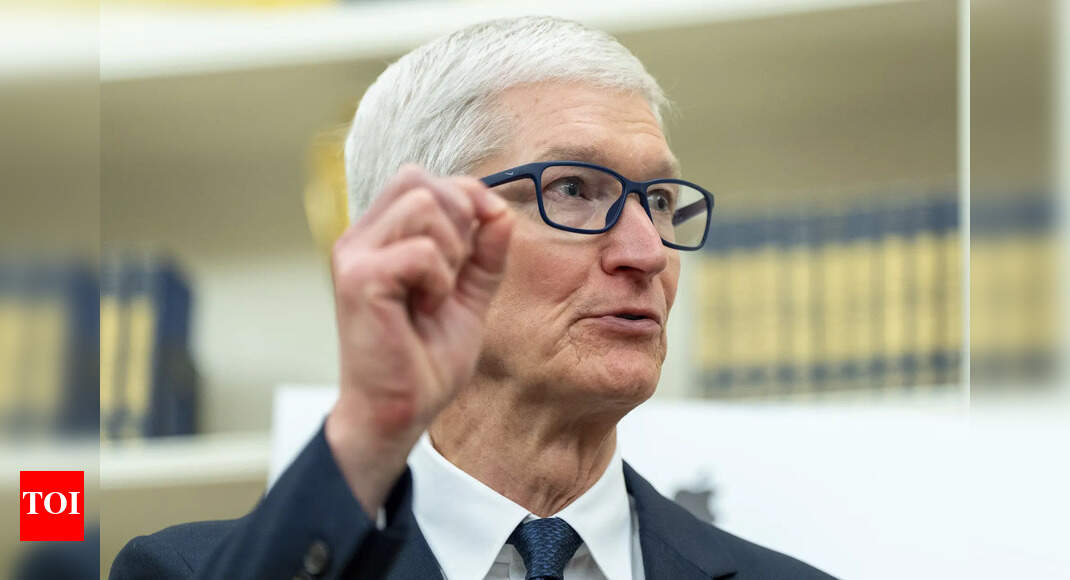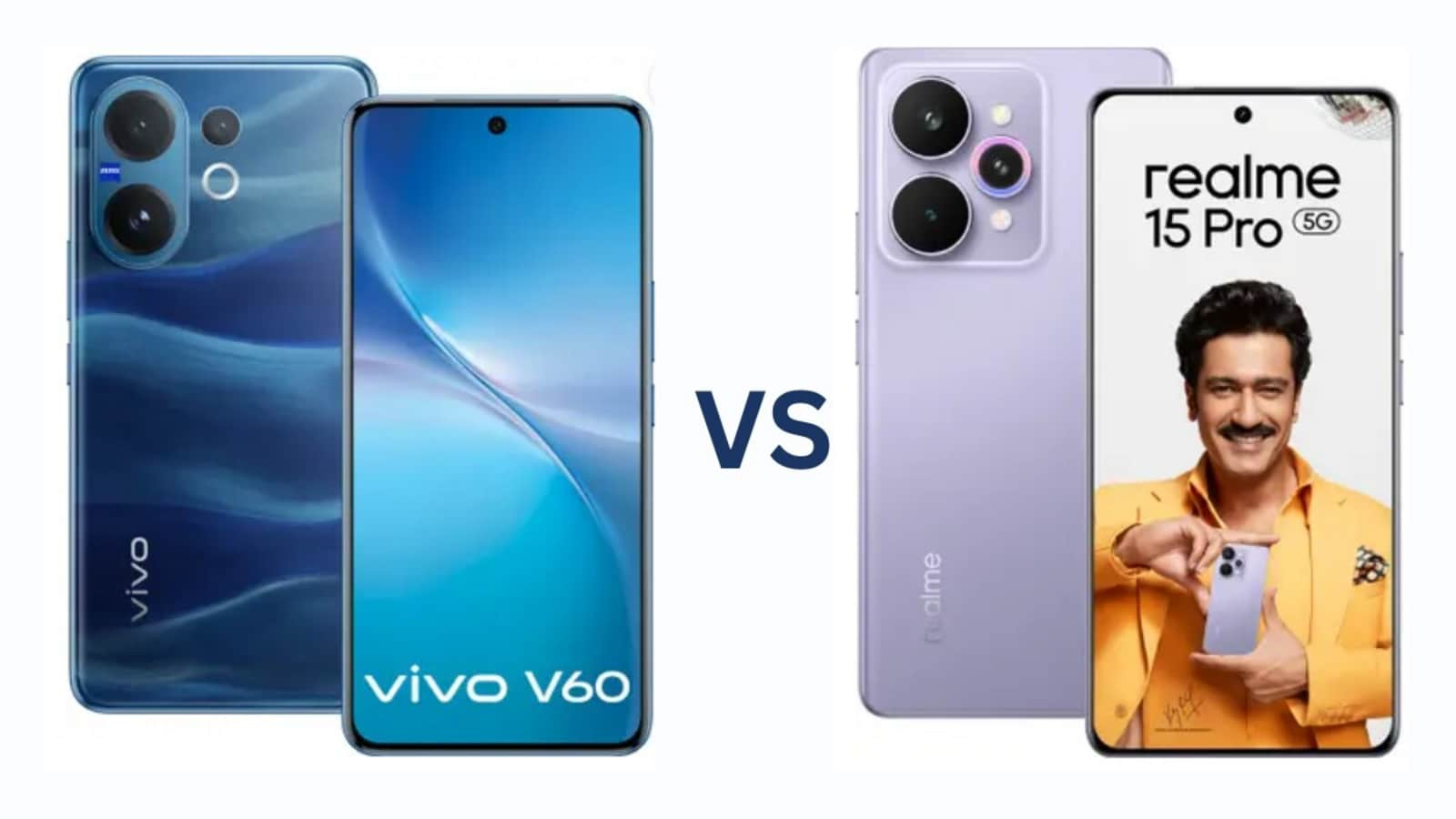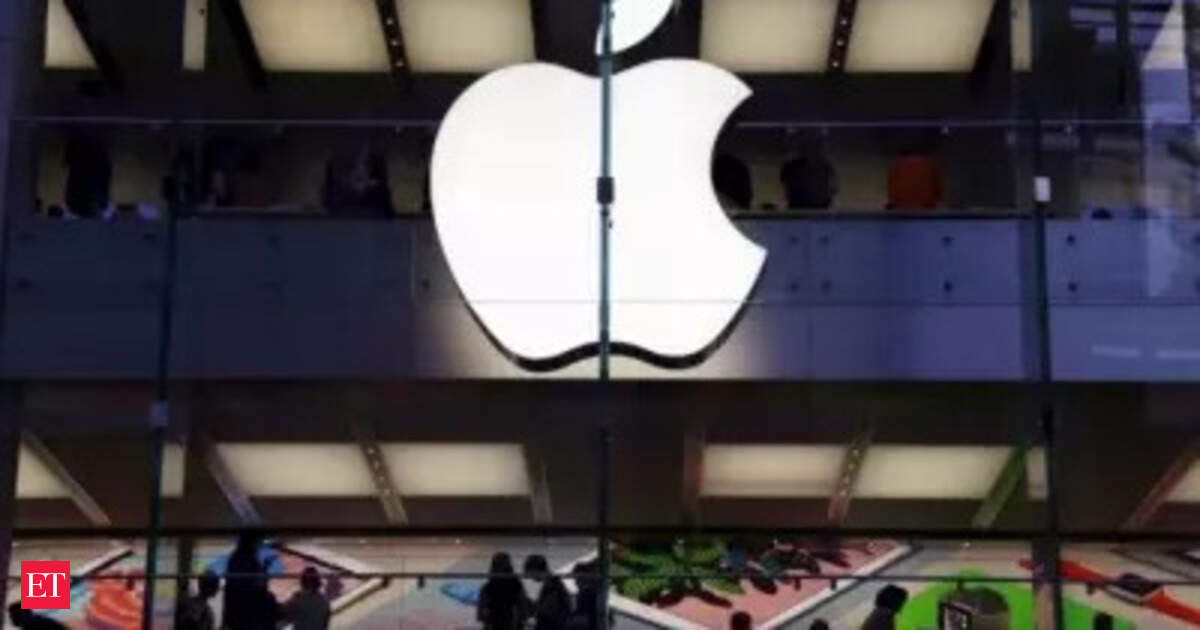A neutered iPhone, stripped of web browsers and social media apps, is going on sale to parents worried about their children’s phone use, but the “peace and freedom” its creators promise will come at a steep price.
The pared-back version of the top-selling handset, which will not allow internet searches, gaming or downloads of Instagram, TikTok, Snapchat and other social media, is being offered in the UK for £99 a month by a US company that wants children to “reconnect with real life, not just reduce screen time”.
At more than double the price of a typical two-year iPhone contract, Sage Mobile, an iPhone 16 handset loaded with custom software, will be a pricey way to avoid online harms. But it reflects growing parental dilemmas over the best way to start their children’s digital lives.
Research has shown children with problematic smartphone use are twice as likely to experience anxiety and almost three times as likely to experience depression compared with those whose use did not resemble addiction.
The launch of the device has been timed to coincide with the enforcement of strict new UK rules requiring robust age verification to access online pornography, starting on Friday next week.
Chris Kaspar, founder of Techless, the US company launching the phone, said the default settings on most smartphones, which allow widespread access to apps and the internet, were “dark”. “Right now they are selling cars without seatbelts,” he said. “We want the defaults to be safe and healthy.”
The devices will include an app store that is curated by Sage Mobile and will only allow users access to apps for tasks like banking, public transport, schooling, calendars and weather.
Experience with a similar device sold in the US showed children used it for between 15 minutes and an hour a day, instead of average screen time in the UK of almost three hours a day among eight to 14-year-olds. Kaspar said children lose interest in it because “it’s not as magical, it’s not as fun”, resulting in many reclaimed “life hours”.
But due to the high price it looks set to be a product sold in the thousands rather than millions. The cost results from a contract that can be cancelled at any time and the removal of the full app store and browsers, which create lucrative revenue streams.
“Until now, this is still a niche market and people, especially parents, are not ready to pay a significant premium for a dumb phone,” said Thomas Husson, principal analyst at Forrester, a market research company.
The product hopes to find demand among parents pushing back against pervasive smartphone use among children. Primary schools in Hampshire became the latest to ban devices this week.
Similar devices sold under the Pinwheel and Balance brands are also available.
Daisy Greenwell, co-founder of the Smartphone Free Childhood campaign, said it was very hard to find an effective way of stripping a phone back to make it fully safe for teens who were ingenious at finding new ways of getting around blocks.
“There is real demand for something like this from parents, especially of teens who don’t want to be lumbered with a phone that sticks out like a Nokia,” she said.
“But the price will be prohibitive for most people. It’s children from low-income families who are most at risk from harm online and £99 a month is out of their range. That’s not this company’s fault, but is a function of today’s digital ecosystem.
“The government must make stronger policies to protect all children and not just those whose parents have enough money to do it themselves.”





